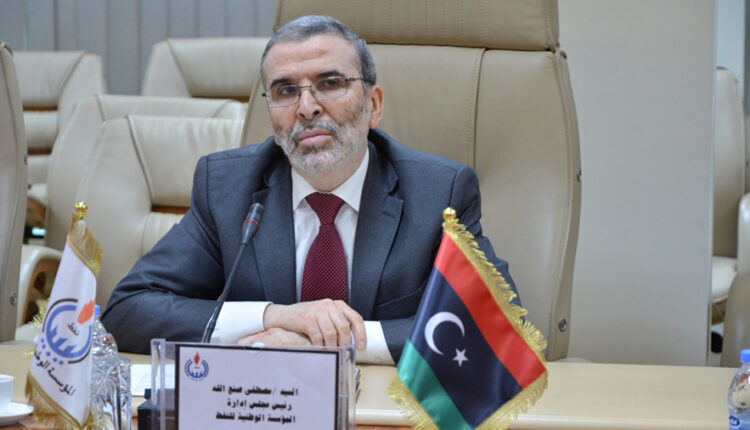OPEC excludes Libya from reducing oil production
Due to the country's circumstance, OPEC oil group decides to exclude Libya from reducing oil production rate

The meeting evaluated the state of the international oil market in terms of supplies, demand and stock level, reviewed the compliance of members with the agreed-upon production rates and it was decided to increase supplies by 500,000 barrels per day in the coming January. With meetings beginning each month to assess market conditions and make the right decision on supplies for the next month.
The 23-country OPEC alliance previously decided to cut oil supplies by 9.7 million barrels per day from May 2020, and the reduction rate was adjusted to 7.7 million barrels per day from August 2020, and the reduction was to be adjusted to 5.7 million barrels per day. As of the beginning of January 2021, however, it was agreed to increase supplies gradually to maintain the stability of the oil market.
Libya, Iran, and Venezuela have been excluded from the production cuts due to their extraordinary and unstable circumstances.
Participants of the meeting welcomed Libya’s resumption of oil production and reiterated that it would continue to be excluded from reduced rates due to it being the country’s primary source of income and the urgent need to maintain and increase oil production to tackle its pressing economic problems.
The head of the National Oil Cooperation, Mustafa Sanalla embraced Libya’s exclusion from the reduction and welcomed participants’ support of the country’s return to producing oil and raising its rates back to almost pe-blockade numbers at a rate faster than anyone had expected.
Libya’s oil production came to a near standstill this year for over seven months as a result of pro-Hafter forces enforcing a military blockade on oil facilities which cost the nation billions of the dollars according to Central Bank estimates. After the cease-fire agreement and lifting of force majeure, Libya’s oil production recommenced and rose to over 1.2 million barrels-per-day in record time.
How to submit an Op-Ed: Libyan Express accepts opinion articles on a wide range of topics. Submissions may be sent to oped@libyanexpress.com. Please include ‘Op-Ed’ in the subject line.
- Haftar to fly to the US with family, pretending it’s a Libyan official visit - September 13, 2021
- Haftar hires ex-Clinton aide, ex-Republican leader to lobby Washington for Libya elections’ run - September 09, 2021
- Al-Saadi Gaddafi, late dictator’s son, released from Libyan prison - September 06, 2021


